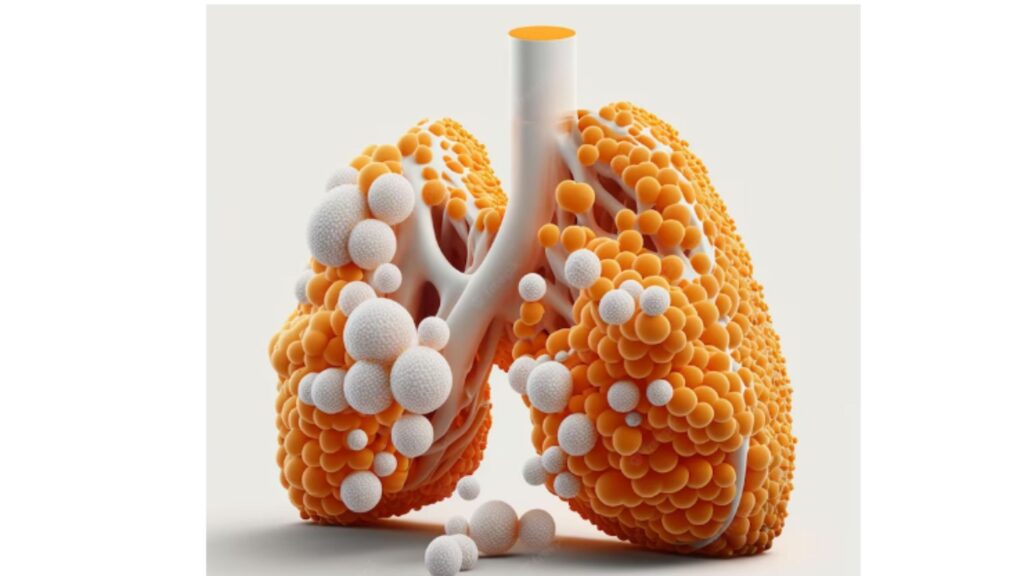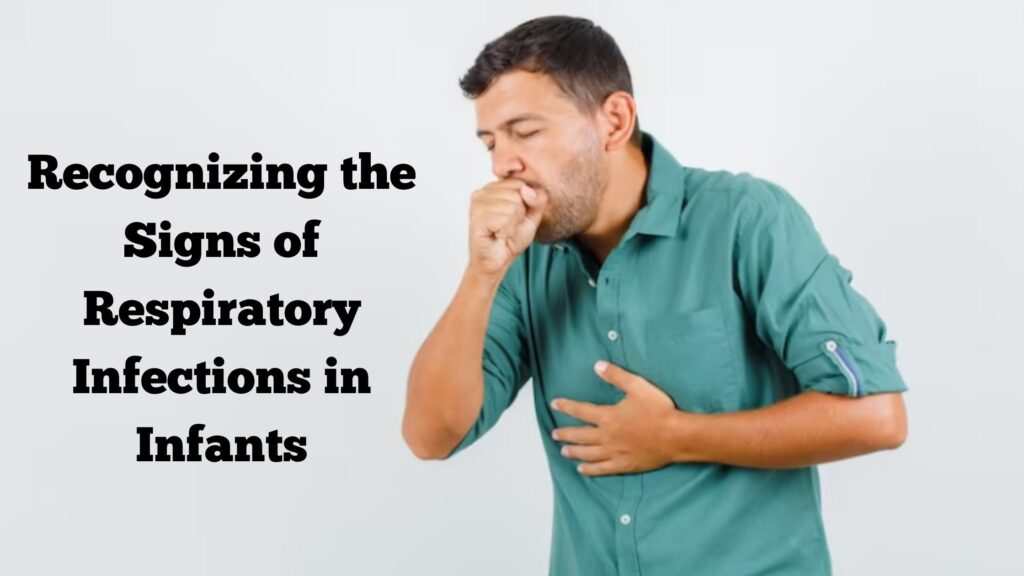Respiratory infections are common in infants, and they can cause serious health problems. Parents and caregivers need to know how to recognize the signs of respiratory infections in infants so they can seek medical attention promptly. In this blog, we will discuss the different types of respiratory infections that infants can get and the signs and symptoms of each. We will also provide tips on how to prevent respiratory infections and when to seek medical attention.
Types of Respiratory Infections in Infants:
Infants can get several types of respiratory infections, including the following:
1. Common cold:

2. Bronchiolitis:

3. Pneumonia:

Signs and Symptoms of Respiratory Infections in Infants:
The signs and symptoms of respiratory infections in infants can vary depending on the type of infection. However, some common signs and symptoms include the following:
- Runny or stuffy nose
- Cough
- Fever
- Rapid breathing
- Wheezing or whistling sound when breathing
- Difficulty breathing or shortness of breath
- Loss of appetite
- Irritability or fussiness
- Fatigue or lethargy
- Vomiting or diarrhea
Parents and caregivers should be aware of these signs and symptoms and should seek medical attention if they notice any of them in their infants.
Preventing Respiratory Infections in Infants:
There are several things parents and caregivers can do to prevent respiratory infections in infants, including the following:
- Wash hands frequently: Hands should be washed with soap and water for at least 20 seconds before and after feeding, diapering, or caring for an infant.
- Avoid exposing infants to sick people: Infants should be kept away from people who are sick, especially those with respiratory infections.
- Keep infants away from secondhand smoke: Secondhand smoke can increase the risk of respiratory infections in infants.
- Breastfeed: Breast milk contains antibodies that can help protect infants from respiratory infections.
- Keep infant’s environment clean: The environment where the infant spends time should be kept clean and free of germs.
When to Seek Medical Attention:
Parents and caregivers should seek medical attention if they notice any of the following signs and symptoms in their infants:
- Rapid breathing or difficulty breathing
- Bluish color around the lips or face
- Refusal to eat or drink
- High fever (above 100.4°F or 38°C)
- Vomiting or diarrhea
- Lethargy or extreme tiredness
- Dehydration
- Irritability or fussiness
Conclusion:
Respiratory infections can be serious in infants, and it is important for parents and caregivers to recognize the signs and symptoms of these infections. By taking steps to prevent respiratory infections and seeking medical attention promptly when necessary, parents and caregivers can help protect their infants from serious health problems.

